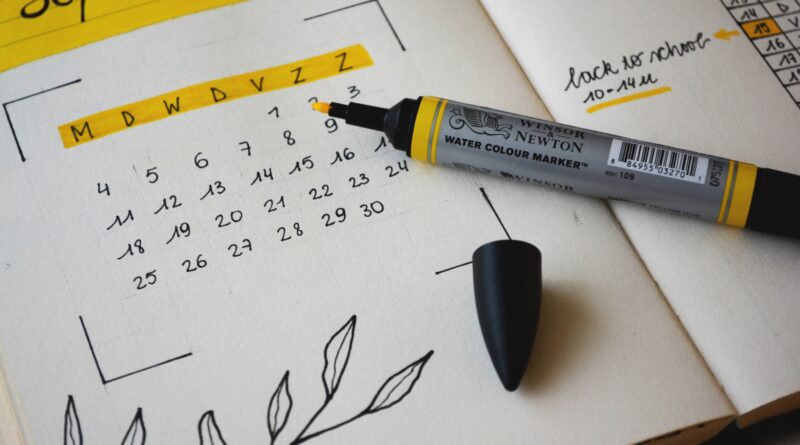Ashita and Asu and Myonichi
The Japanese word “明日,” which means “tomorrow,” has three different readings, “ashita,” “asu,” and “myonichi.”
「あした」と「あす」と「みょうにち」
In general, Japanese people often use either “ashita” or “asu.”
日本語の「明日」という漢字は、「あした」「あす」「みょうにち」の三通りの読み方があります。
“Ashita” originally meant “朝 (asa),” which means “morning,” and used as an antonym of “夕べ (yube),” which means “evening.”
世間一般では、「あした」もしくは「あす」のどちらかが使われることが多いです。
Then the meaning came to change to “next morning,” “next whole morning,” and “next day.”
「あした」はもともと「朝(あさ)」を意味し、「夕べ(ゆうべ)」の対語として使われていました。
On the other hand, “asu” means “tomorrow” from the beginning, and it seems to come from the abbreviation of “akasu,” which means “dawn,” or “asa,” which means “morning.”
そして、夕べに対する次の朝、次の午前中、次の日(明日)という意味に変化していったそうです。
Also, “asu” sometimes means “in the near future.”
一方、「あす」は「明かす(あかす)」の略、または「あさ(朝)」から転じたものと考えられており、昔から「翌日」を意味していました。
“Myonichi” is the just reading of “明日” in on-yomi (Chinese reading).
「あす」は、「近い将来」を表すこともあります。
The most formal reading is “myonichi,” the second place is “asu,” and the most casual reading is “ashita.”
「みょうにち」は、「明」と「日」をそのまま音読みしたものになります。




